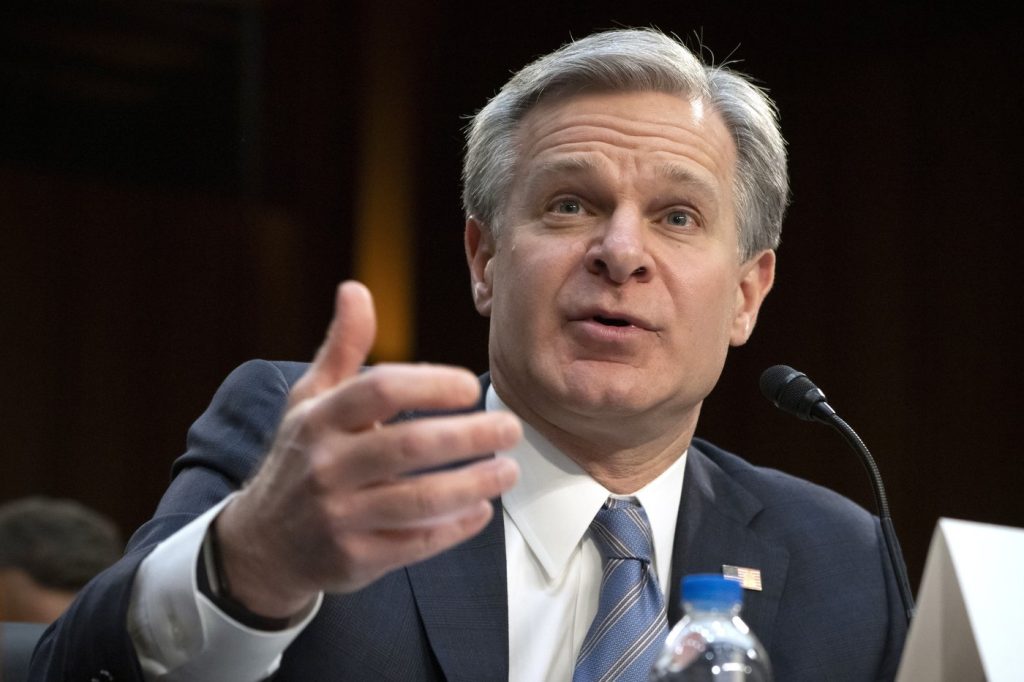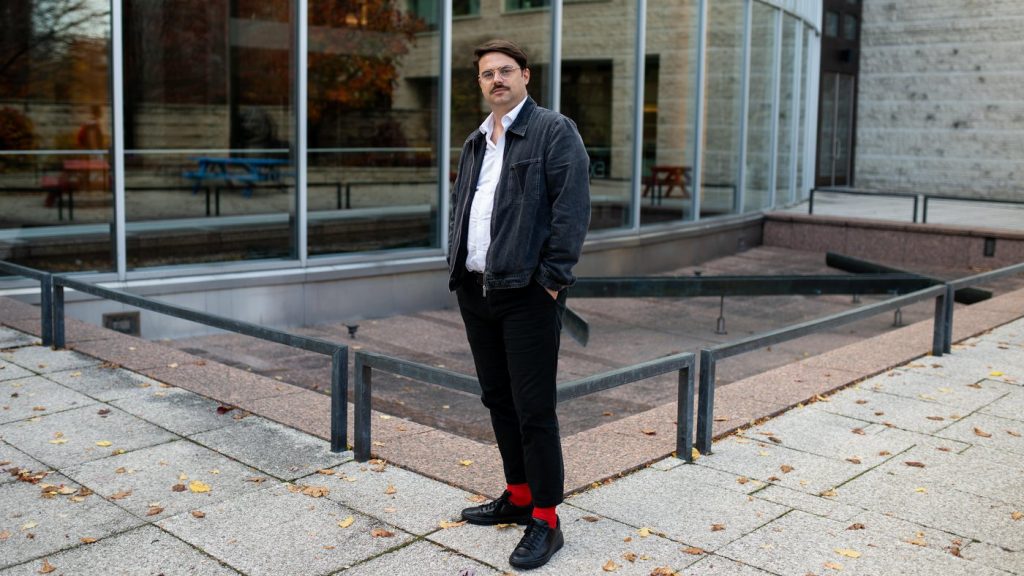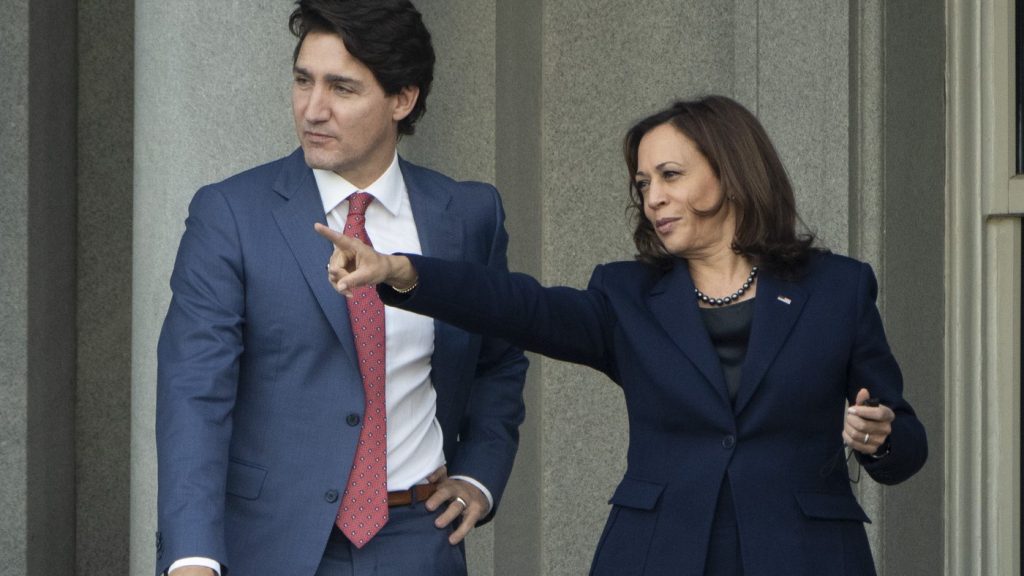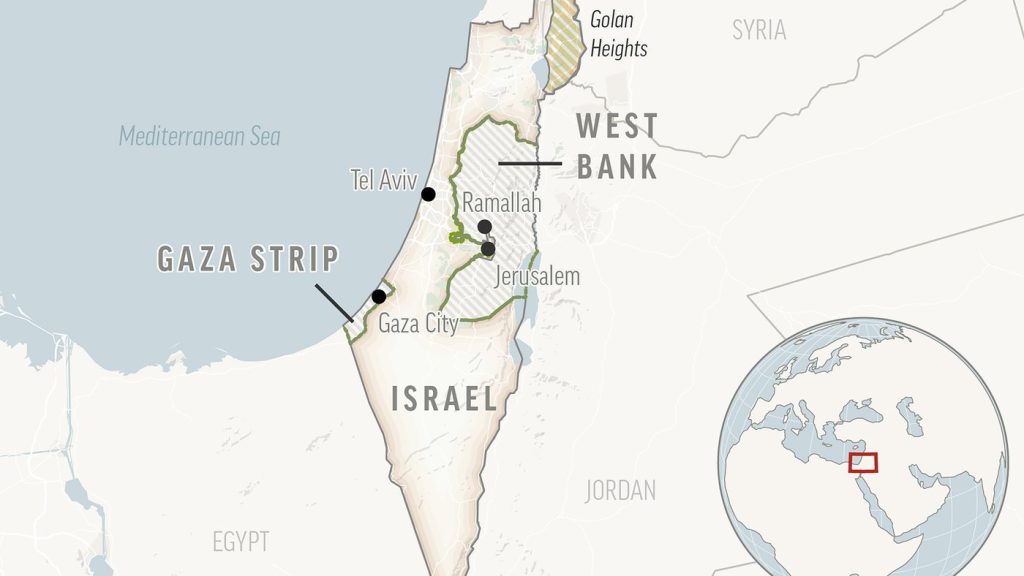Trump rally gunman looked online for information about Kennedy assassination, FBI director says

Posted Jul 24, 2024 12:18:58 AM.
Last Updated Jul 24, 2024 06:11:24 PM.
WASHINGTON (AP) — The gunman in the attempted assassination of former President Donald Trump is believed to have done a Google search one week before the shooting of “How far away was Oswald from Kennedy?” FBI Director Christopher Wray said Wednesday, revealing new details about a suspect he said had taken a keen interest in public figures but had otherwise not left behind clear clues of an ideological motive.
The July 6 online search, recovered from a laptop the FBI says is tied to 20-year-old Thomas Matthew Crooks, is a reference to Lee Harvey Oswald, the shooter who killed President John F. Kennedy from a sniper’s perch in Dallas on Nov. 22, 1963.
“That’s a search obviously that is significant in terms of his state of mind. That is the same day that it appears that he registered” for the Trump rally scheduled for July 13 in Butler, Pennsylvania, Wray told the House Judiciary Committee.
The FBI is investigating the shooting, which killed one rallygoer and seriously injured two others, as an act of domestic terrorism. The investigation has thrust the bureau into a political maelstrom months before the presidential election, with lawmakers and the public pressing for details about what may have motivated Crooks in the most serious attempt to assassinate a president or presidential candidate since President Ronald Reagan was shot in 1981.
The agency has built out a detailed timeline of Crooks’ movements and online activity, but the precise motive — or why Trump, the Republican presidential nominee, was singled out — remains elusive, Wray said. The FBI’s assessment continues to be that Crooks, who was killed by a Secret Service counter sniper, acted alone.
“We do not know the motive. That is obviously one of the central questions in our investigation, and it’s been very frustrating to us that a lot of the usual kind of low-hanging-fruit places that we would find that have not yielded significant clues about his motive,” Wray said.
But, he added, the bureau has seen indications that he was interested in public figures — officials said at a private briefing last week that besides Trump, Crooks also had photos on his phone of Democratic President Joe Biden and other prominent people — and in the days before the shooting had appeared particularly consumed by Trump and the Butler rally
Crooks is believed to have visited the rally site a week before the event, staying for about 20 minutes, and then returned on the morning of July 13. More than two hours before the shooting, Wray said, Crooks flew a drone about 200 yards from the rally stage for about 11 minutes, using the device to livestream and watch footage.
The use of the drone, which along with a controller were recovered from Crooks’ car, so close to the rally site just hours before Trump took the stage add to the questions about the security lapses that preceded the shooting.
On the afternoon of the rally, Crooks attracted law enforcement scrutiny because of odd behavior around the edges of the event, including shouldering a backpack and peering into the lens of a range finder toward the rooftops behind the stage where Trump would stand within the hour.
Using what Wray said was mechanical equipment on the ground and vertical piping, Crooks was able to hoist himself up onto the roof of a squat manufacturing building that was within 135 meters (157 yards) of the stage. Crooks fired eight shots from an AR-style rifle before he was killed. (The Warren Commission report that analyzed the Kennedy assassination assessed that Kennedy had been shot through the neck at a range of 174.9 feet to 190.8 feet, or about 53.3 meters to 58.1 meters.)
Trump’s campaign said the GOP nominee was doing “fine” after the shooting, which Trump said pierced the upper part of his right ear. Wray said his understanding was that either a bullet or some shrapnel “is what grazed his ear.”
He pledged that the FBI would “leave no stone unturned” in its investigation.
“I have been saying for some time now that we are living in an elevated threat environment, and tragically the Butler County assassination attempt is another example — a particularly heinous and very public one — of what I have been talking about,” Wray said.
He later added, “I think this is a moment where, in the most stark way possible, all of us as Americans can see how out of control political violence is in this country, and it’s an opportunity for everyone to come together and to try to show that this is not the kind of thing we’re going to tolerate in this country.”
The hearing had been scheduled well before the shooting as part of the committee’s routine oversight of the FBI and the Justice Department. Questions about the shooting dominated the session, but other topics included the FBI’s diversity efforts, election interference, the Jan 6, 2021 riot at the U.S. Capitol and whether Wray had personally observed any cognitive decline in meetings with Biden that preceded the president’s announcement Sunday that he would not seek reelection.
After Wray testified that his interactions had been “completely professional,” Trump posted on his Truth Social platform that the FBI director he appointed in 2017 “has to resign, and NOW, for LYING TO CONGRESS!”
The FBI was not involved in ensuring security for the rally and has therefore avoided the same level of scrutiny directed at the Secret Service over the lapses that preceded the event. On Tuesday, Kimberly Cheatle resigned as the agency’s director.
Even so, Wray was not entirely spared the politically charged and occasionally combative questions he typically receives from the Republican-led committee.
That’s a reflection of the lingering perception among some GOP lawmakers that the FBI and Justice Department in the Biden administration have become politicized against Trump — something Wray has consistently denied.
That sentiment was made clear early in the hearing when the committee chairman, Rep. Jim Jordan, R-Ohio, told Wray, “I’m sure you understand that a significant portion of the country has a healthy skepticism regarding the FBI’s ability to conduct a fair, honest, open and transparent investigation.”
At the conclusion of the daylong hearing, he praised Wray for having “told us some things that weren’t even prompted by questions.”
___
Follow the AP’s coverage of FBI Director Christopher Wray at https://apnews.com/hub/christopher-wray.
Eric Tucker, The Associated Press








